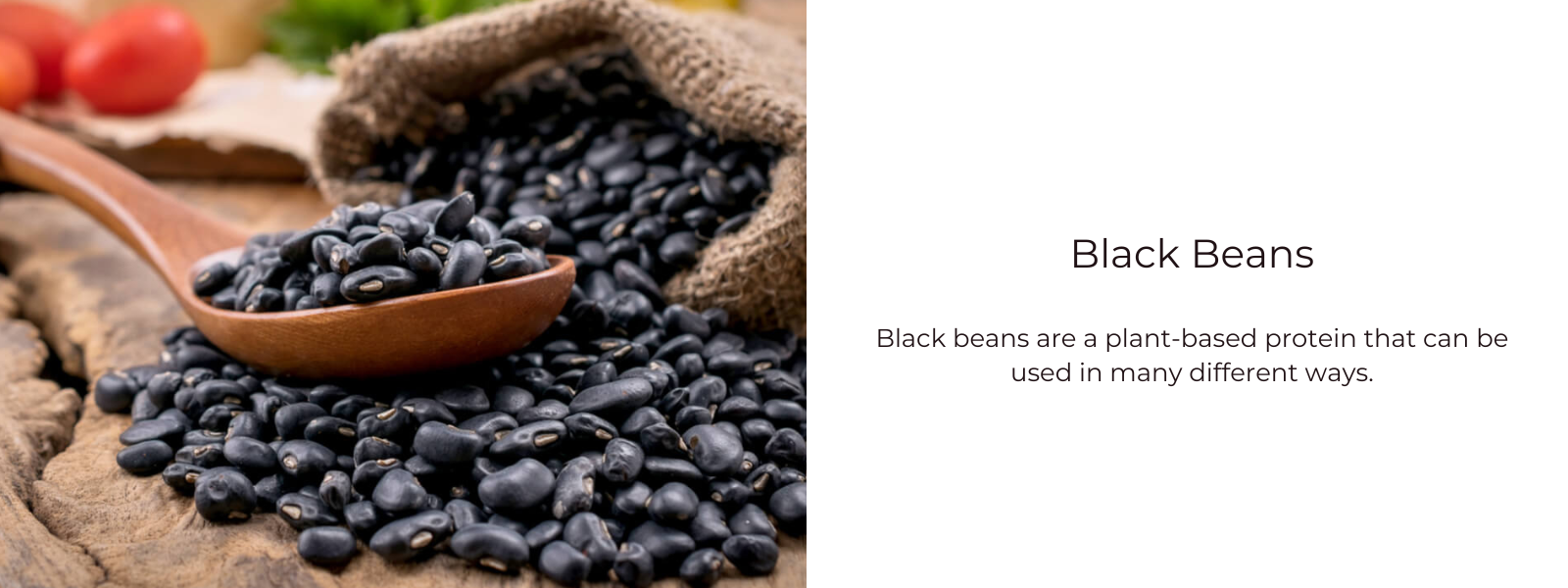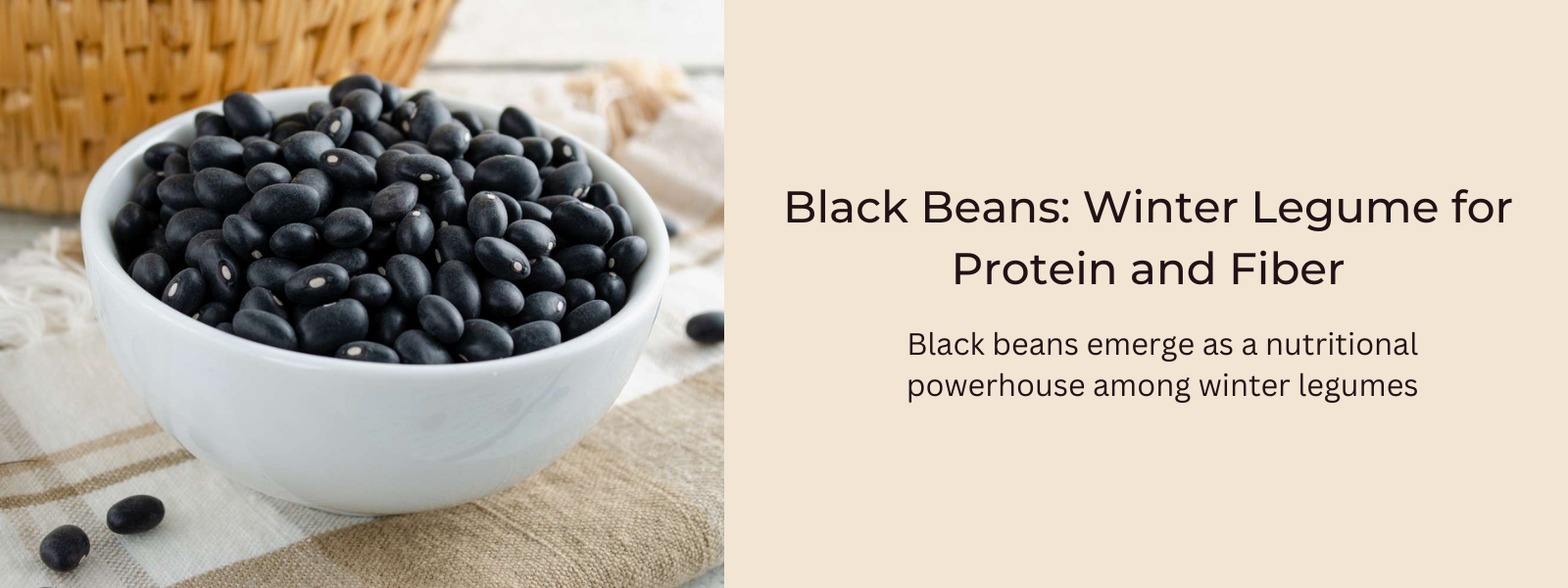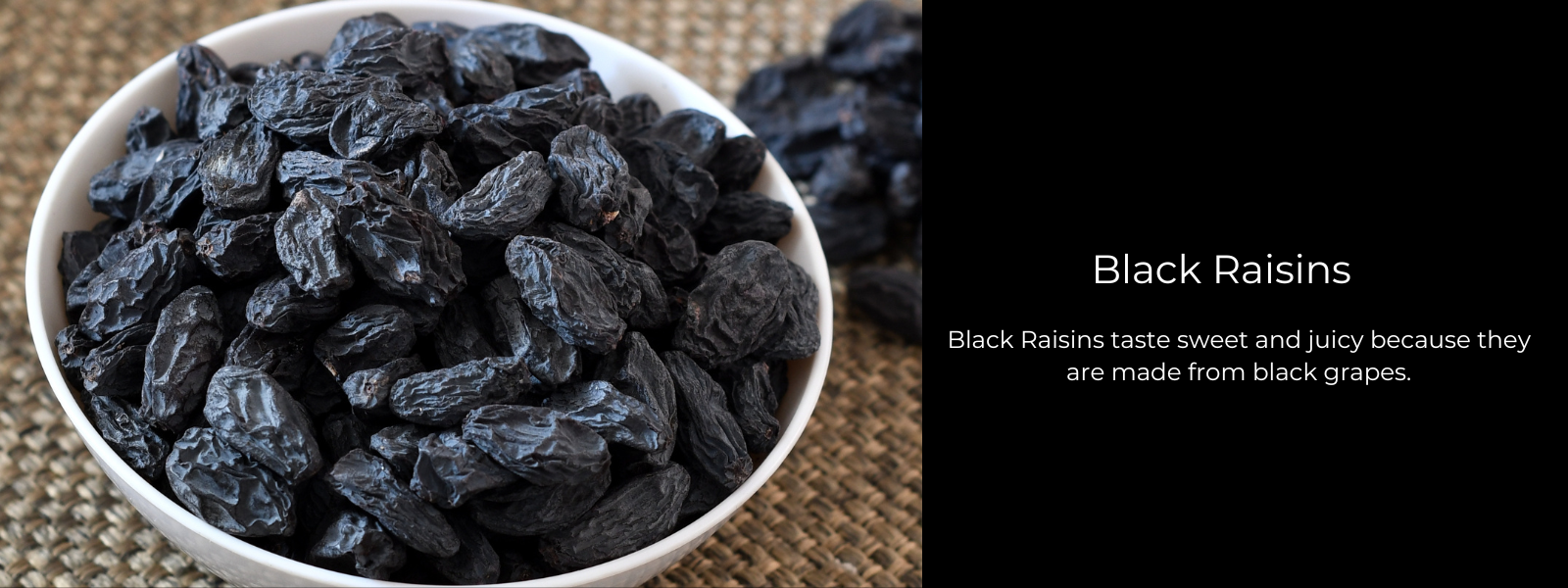Black beans stand out as a fiber-rich and low glycemic index (GI) legume that holds significant promise in diabetes management. With their low GI, black beans facilitate a gradual and modest increase in blood sugar levels, mitigating the risk of sudden spikes and crashes often problematic for individuals with diabetes. Their high fiber content, particularly soluble fiber, further aids in stabilizing blood sugar by slowing down glucose absorption into the bloodstream. This soluble fiber also enhances insulin sensitivity, a crucial factor in diabetes control. Additionally, black beans are a notable source of plant-based protein, which not only assists in blood sugar regulation but also promotes satiety. Their versatility in cooking offers ample opportunities to incorporate them into a diabetes-friendly diet, making black beans an invaluable ally in the quest for stable glucose levels and overall health.
Table of Contents
What Are Black Beans?
Black beans, scientifically known as Phaseolus vulgaris, are a type of legume native to the Americas and widely cultivated for their edible seeds. They are small, kidney-shaped beans with a dense, meaty texture and a deep black color when cooked. Black beans are a staple in many cuisines around the world, particularly in Latin American, Caribbean, and Southwestern American dishes. They are prized for their rich, earthy flavor and versatility in cooking. Black beans are nutrient-dense and are an excellent source of plant-based protein, dietary fiber, vitamins, and minerals. They can be used in a variety of dishes, including soups, stews, salads, burritos, tacos, and dips. Additionally, black beans are often included in vegetarian and vegan diets as a protein-rich alternative to meat.
Black Beans Are A Fiber-Rich, Low-GI Legume for Diabetes Management:
Black beans are indeed a fiber-rich and low glycemic index (GI) legume that can play a valuable role in diabetes management. Their nutritional profile makes them an excellent choice for individuals looking to regulate blood sugar levels effectively.
One of the key benefits of black beans for diabetes management is their low GI. The glycemic index measures how quickly carbohydrates in food raise blood sugar levels. Foods with a low GI cause a gradual and modest increase in blood sugar levels, helping to prevent spikes and crashes. Black beans have a relatively low GI, making them a suitable option for individuals with diabetes.
Additionally, black beans are rich in dietary fiber, particularly soluble fiber. Fiber is essential for slowing down the absorption of glucose into the bloodstream, promoting more stable blood sugar levels. Soluble fiber forms a gel-like substance in the digestive tract, which helps to trap carbohydrates and sugars, preventing them from being rapidly absorbed. A one-cup serving of cooked black beans provides approximately 15 grams of dietary fiber, making them an excellent source of this essential nutrient.
Furthermore, black beans are a good source of plant-based protein, which can help regulate blood sugar levels and promote satiety. Including protein-rich foods like black beans in meals can help prevent rapid spikes in blood sugar levels after eating.
Benefits Of Black Beans For Diabetics:
Black beans offer several benefits for individuals with diabetes:
- Low Glycemic Index (GI): Black beans have a low glycemic index, meaning they cause a gradual and modest increase in blood sugar levels after consumption. This helps prevent sudden spikes and crashes in blood sugar levels, making black beans a suitable option for individuals with diabetes.
- High Fiber Content: Black beans are rich in dietary fiber, particularly soluble fiber. Fiber slows down the absorption of glucose into the bloodstream, promoting more stable blood sugar levels. Soluble fiber also helps improve insulin sensitivity, which is beneficial for individuals with diabetes.
- Protein-Rich: Black beans are an excellent source of plant-based protein. Including protein-rich foods like black beans in meals can help regulate blood sugar levels and promote satiety, reducing the risk of overeating and aiding in weight management.
- Nutrient Density: Black beans are packed with essential nutrients such as vitamins, minerals, and antioxidants. These nutrients support overall health and well-being, reducing the risk of complications associated with diabetes, such as cardiovascular disease and inflammation.
- Versatility in Cooking: Black beans are incredibly versatile and can be used in a wide range of dishes, including soups, stews, salads, tacos, burritos, and dips. This versatility allows individuals with diabetes to enjoy delicious and nutritious meals while managing their blood sugar levels effectively.
Black Beans Recipes For Diabetics:
Black beans offer several benefits for individuals with diabetes:
- Low Glycemic Index (GI): Black beans have a low glycemic index, meaning they cause a gradual and modest increase in blood sugar levels after consumption. This helps prevent sudden spikes and crashes in blood sugar levels, making black beans a suitable option for individuals with diabetes.
- High Fiber Content: Black beans are rich in dietary fiber, particularly soluble fiber. Fiber slows down the absorption of glucose into the bloodstream, promoting more stable blood sugar levels. Soluble fiber also helps improve insulin sensitivity, which is beneficial for individuals with diabetes.
- Protein-Rich: Black beans are an excellent source of plant-based protein. Including protein-rich foods like black beans in meals can help regulate blood sugar levels and promote satiety, reducing the risk of overeating and aiding in weight management.
- Nutrient Density: Black beans are packed with essential nutrients such as vitamins, minerals, and antioxidants. These nutrients support overall health and well-being, reducing the risk of complications associated with diabetes, such as cardiovascular disease and inflammation.











Leave a comment